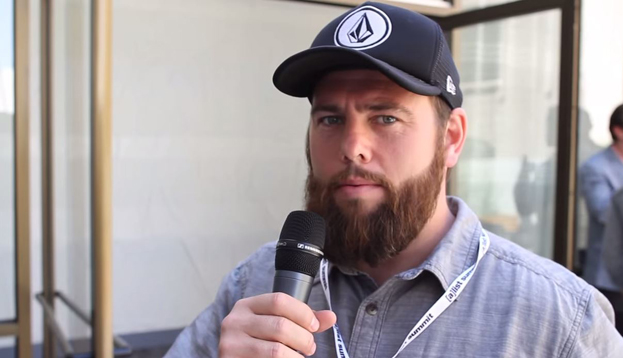The business of creators has recently come under fire. In a recent video picked up by Kotaku, an influencer accuses Warner Bros. and their influencer agency of heavy-handed techniques to sway opinions of their upcoming game Shadow of Mordor. A lot of attention is being paid to influencer marketing as a result, but there’s a right way to go about this: being transparent.
ION‘s business is tied directly to this world. As Executive Director of ION, I am in the business of connecting advertisers to these influencers. It is apparent to me that influencer marketing falls somewhere between paid media, or advertising and public relations. ION focuses on that middle ground between paid media and PR.
We give advertisers a level of control that PR can’t offer. This means we guarantee video views; and those views are sold based on organic viewership of the content, not paid placement. This also means we limit our work to influencers who are genuinely interested in the marketer. We seek out a level of alignment with the brand during our curation process. Influencers hurt their own channels and marketers don’t achieve engagement if the content doesn’t work for the audience.
ION produces hundred of content pieces that get viewed by interested parties, whereas paid media uses many different formats to get in front of users who are not seeking out that message.
Nothing about having a YouTube channel requires an unbiased point of view. In fact, the personality and unique points of view are part of what makes YouTube a rich social environment.
ShayCarl speaking about influencer marketing at [a]list summit in July.
{link no longer active}
The creators who are key to this environment are also businesses. They work to aggregate and then sell a valuable commodity that other parties covet. Just like TV networks, radio stations, magazines, websites, mobile apps and any other media, creators sell the hearts, minds and attentions of their viewers to marketers.
The Federal Communications Commission mandates certain disclosures be made when creators work with advertisers and ION has always abided by that, and to our benefit. This comes from a long tradition of oversight that results in censorship of certain words, phrases and visual images on primetime TV, cable stations, radio shows and other media. Just like it is a viable business model for product placement to exist on TV and in movies it is viable for creators to integrate marketing messages into their unique content.
Inevitably our process leads us to people who would have played the game or have used the product. The opportunity for the marketer is to control timing of the message and suggest messaging. Rather than your player showing game play footage seven months from launch, the marketer uses influencer marketing to organize a larger campaign around people playing in the next three weeks. There is no control about what they say, or how they say it. There are suggestions, but ultimately the final product is delivered by the creator in their own authentic voice.
For marketers the opportunity is to reach people in the channels they are familiar with, with endorsers who they recognize. One generation likes Tom Cruise and Emily Blunt. Others like ShayCarl and PewDiePie. To see these people talking about brands, products and services acts as a motivator to buy, or at least consider them. Like with any marketing the message, the medium and the talent have to be lined up.
Like ShayCarl said at [a]list summit this past July: “Don’t lie.”

